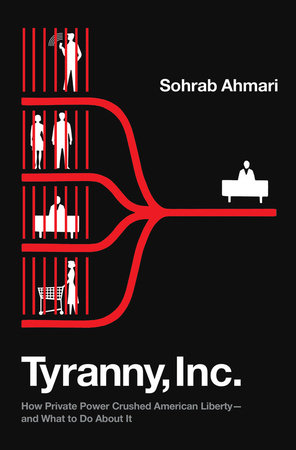
In his book 'Tyranny, Inc.', Sohrab Ahmari explores the concept of economic coercion in the American economy, particularly in the context of the neoliberal phase. Ahmari argues that while market freedom is often touted as a solution to economic problems, it does not eliminate coercion. He highlights the unequal power dynamics between employers and employees, which lead to widespread coercion and inequality.
Ahmari suggests that looking to the New Deal policies and the social democracy model in Western Europe can offer potential solutions to address the issue of economic coercion. These policies aimed to equalize power dynamics and provide protections for workers, which helped to mitigate coercion in the economy.
The author also shares his personal journey, from nihilism to Catholicism, and how it has influenced his views on coercion. He emphasizes the importance of recognizing the moral dimension of economic coercion and the need for ethical considerations in economic systems.
The article highlights various examples of economic coercion in the American economy, including unfair scheduling practices, poverty wages, non-disclosure agreements, and forced arbitration. These practices contribute to the imbalance of power between employers and employees, leading to coercive situations.
Ahmari proposes equalizing the power dynamics between employers and employees as a way to address coercion in the economy. This could involve implementing policies that protect workers' rights, promote fair wages, and ensure transparency and accountability in employment practices.
Overall, Ahmari's analysis sheds light on the issue of economic coercion in the American economy and calls for a reevaluation of the neoliberal approach. By recognizing the inherent power imbalances and taking steps to address them, it is possible to create a more equitable and just economic system.
[7a257b75]